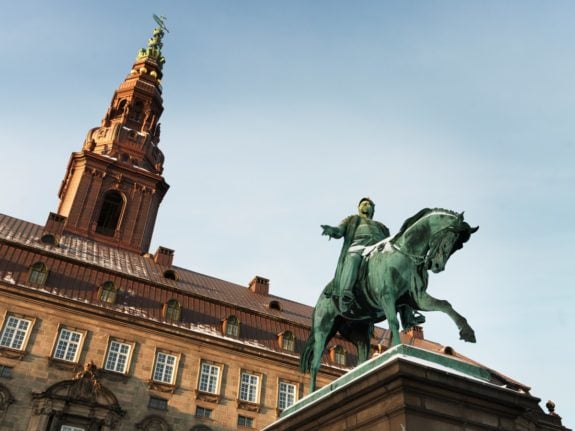Over 1,000 instances of unauthorised use of copyrighted materials by Danish MPS occurred in 2022, newspaper Politiken reports based on research it conducted in collaboration with law professor Sten Schaumburg-Müller of the University of Southern Denmark.
The politicians who breached copyright came from eight different parliamentary parties, the analysis found.
When sharing images on platforms such as social media, the poster needs permission from the person who has the rights to the image. This is usually the person who took the photo or created the image in question.
According to Politiken’s count, a Danish member of parliament shared a photo without permission from the copyright holder on 956 occasions.
The remaining 94 occasions involve breaches of music copyright according to the analysis. In these instances, the politician has a special obligation to receive permission for using music on their social media accounts.
While private individuals can use music in the background of their posts, politicians are required to ask for permission according to copyright expert Morten Rosenmeier, a professor at the University of Copenhagen.
“If you are a musician and supporter of a specific political view, it might feel offensive if a politician with completely different views than those you stand for uses your music to promote their political interests,” he told Politiken.
The newspaper documented the copyright breaches by contacting either the responsible politician or the copyright holder.
Several of the politicians who breached copyright laws last year have subsequently deleted the offending posts, according to the report.



 Please whitelist us to continue reading.
Please whitelist us to continue reading.
Member comments